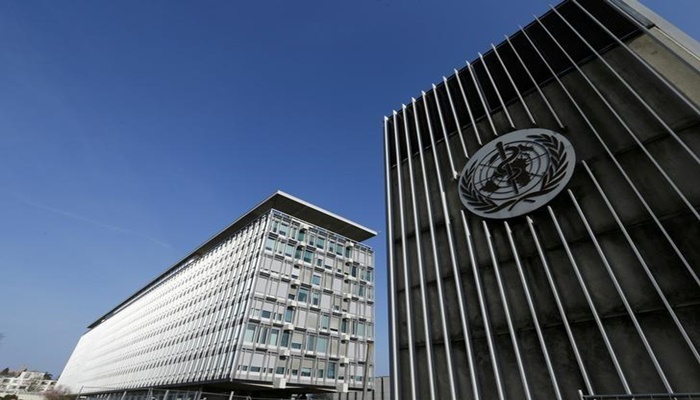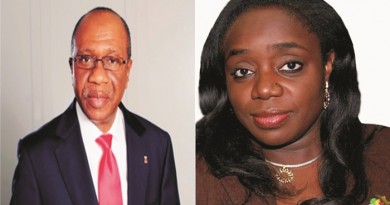WHO estimates 900m people to have hearing loss by 2050
The World Health Organisation (WHO) has estimated that more than 900 million people or one in every 10 people would have disabling hearing loss by year 2050.
WHO gave the estimation on Tuesday in commemoration of the World Hearing Day.
The world health body also disclosed that unaddressed hearing loss in people poses an annual global cost of 750 billion dollars.
It said in a statement that interventions to prevent, identify and address hearing loss were cost-effective, adding that it could bring great benefit to individuals.
According to WHO, about 466 million people worldwide have disabling hearing loss, while 34 million of these are children.
Disabling hearing loss refers to hearing loss greater than 40 decibels (dB) in the better hearing ear in adults and a hearing loss greater than 30 dB in the better hearing ear in children.
WHO said majority of people with disabling hearing loss live in low and middle income countries.
It said approximately one third of people over 65 years of age were affected by disabling hearing loss, adding that prevalence in this age group was greatest in South Asia, Asia Pacific and sub-Saharan Africa.
WHO noted that hearing loss might result from genetic causes, complications at birth, certain infectious diseases, chronic ear infections, the use of particular drugs, exposure to excessive noise, and ageing.
It said that 60 per cent of childhood hearing loss was due to preventable causes.
WHO stated that 1.1 billion young people aged between 12 and 35 years were at risk of hearing loss due to exposure to noise in recreational settings.
“People with hearing loss benefit from early identification; use of hearing aids, cochlear implants and other assistive devices; captioning and sign language; and other forms of educational and social support,” it said.
WHO said current estimates suggest 83 per cent gap in hearing aid need and use, adding that only 17 per cent of those who could benefit from use of a hearing aid actually use one.
The health body said it responds by assisting Members States in developing programmes for ear and hearing care that were integrated into the primary healthcare system. (NAN)




